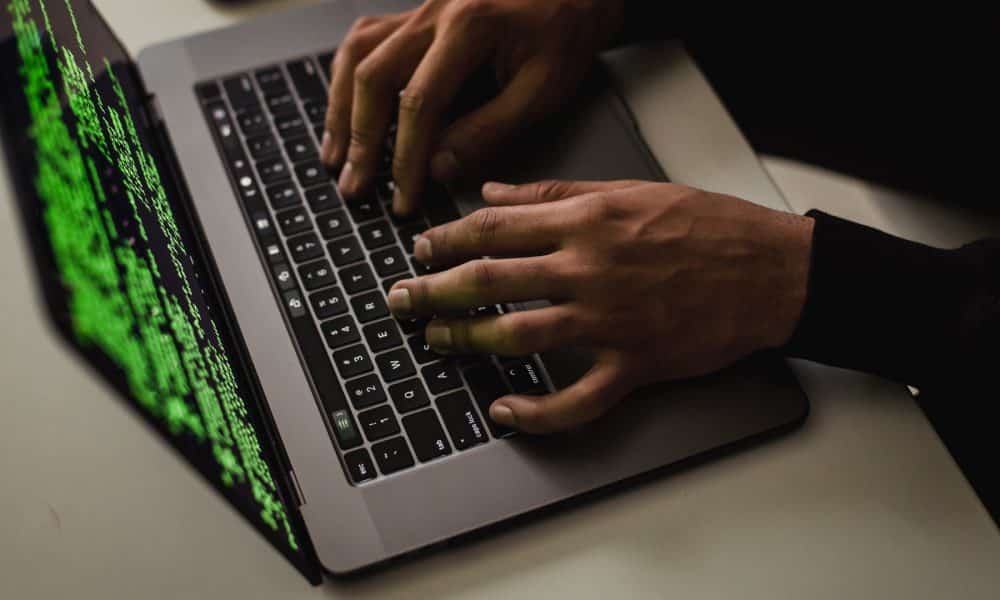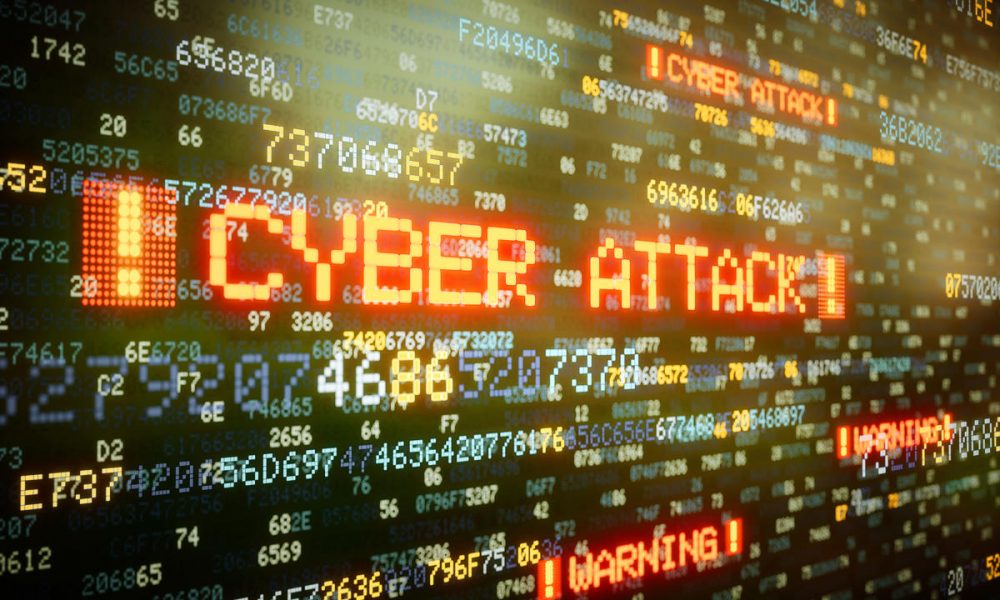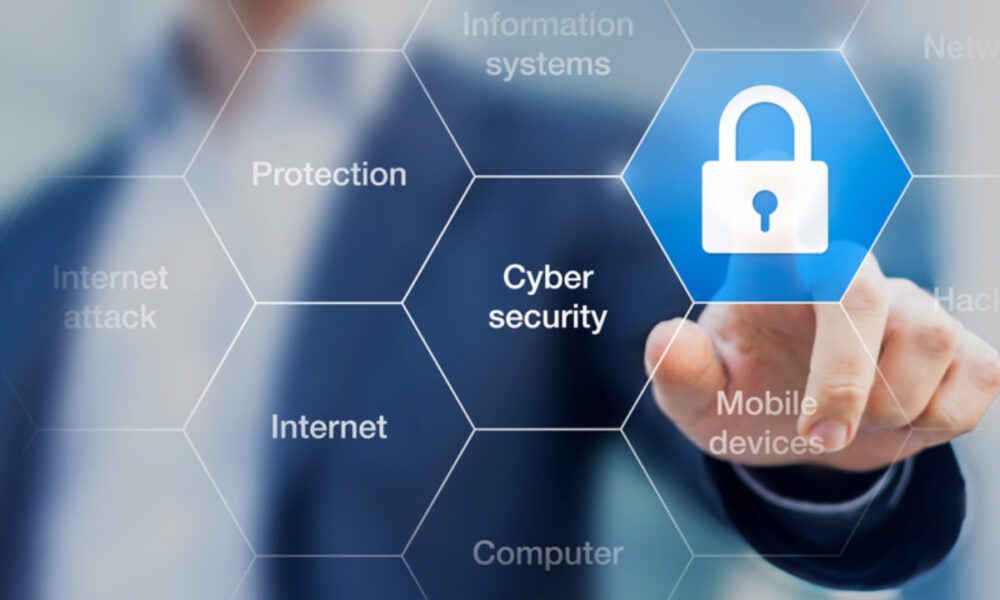
Cybersecurity has become a major concern for businesses and individuals alike. With the increasing amount of sensitive data being stored online, it’s important to take steps to protect yourself and your business from cyber threats. In this article, we’ll discuss some of the best practices for cybersecurity.
For Businesses:
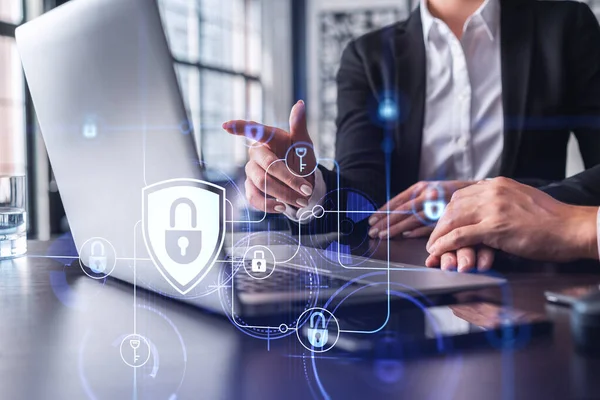
- Train Your Employees: Your employees are your first line of defense against cyber threats. Make sure they are aware of the risks and know how to identify and report suspicious activity.
- Implement Strong Password Policies: Require employees to use strong passwords and change them regularly. Consider using two-factor authentication for added security.
- Regularly Update Software: Keep all software and systems up to date with the latest security patches and updates.
- Back Up Your Data: Regularly back up all important data to a secure location.
- Limit Access to Data: Only give employees access to the data they need to do their job. Restrict access to sensitive data.
- Have a Response Plan: Have a plan in place for responding to cyber attacks. This should include procedures for notifying employees, customers, and authorities.
For Individuals:
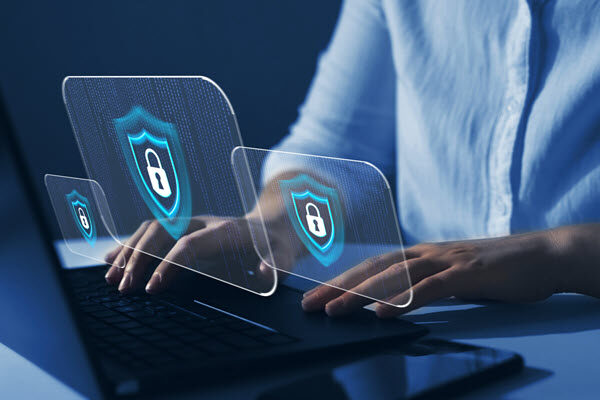
- Use Strong Passwords: Use a combination of letters, numbers, and symbols for your passwords. Change them regularly and do not reuse them for multiple accounts.
- Be Cautious on Social Media: Be careful about what you share on social media. Avoid sharing personal information that could be used to guess your passwords or security questions.
- Protect Your Devices: Use antivirus software and keep your operating system up to date with the latest security patches and updates. Use a firewall and be cautious when downloading software or opening email attachments.
- Use Two-Factor Authentication: Many websites and apps now offer two-factor authentication, which requires a second form of authentication in addition to your password. This can help prevent unauthorized access to your accounts.
- Back Up Your Data: Regularly back up all important data to a secure location.
- Be Wary of Phishing: Phishing is a common tactic used by cyber criminals to trick people into giving away their personal information. Be cautious of emails or messages that ask for personal information or contain suspicious links.
By following these best practices, businesses and individuals can help protect themselves from cyber threats. However, it’s important to stay vigilant and stay up to date with the latest threats and security measures.





